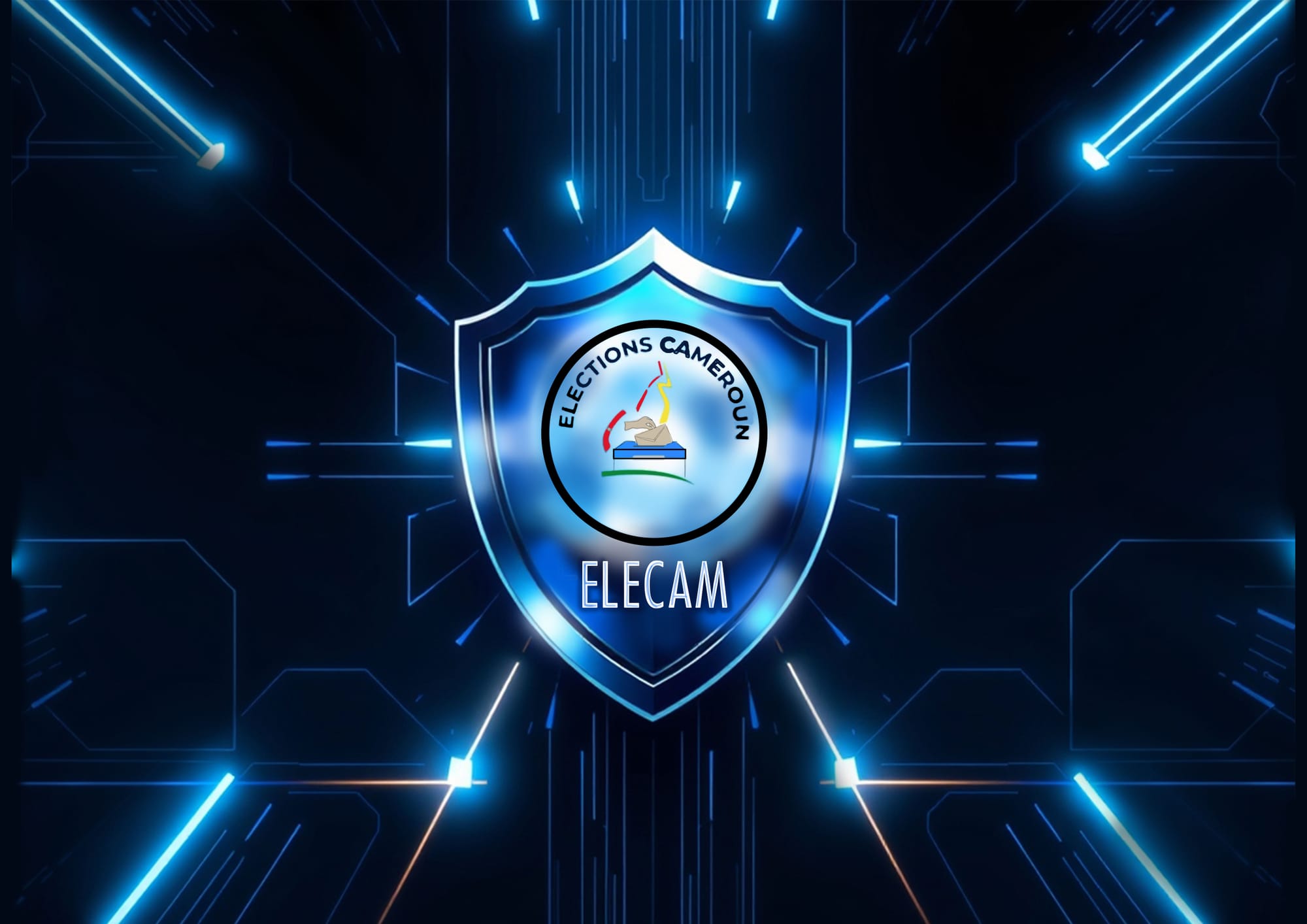The independent body in charge of elections in Cameroon has just launched an official Facebook page in order to combat disinformation linked to the electoral process.
In Cameroon, the fight against disinformation now mobilizes public institutions as well as parapublic organizations and civil society. Faced with its growing impact, this phenomenon is perceived as a major threat. In this context, various actors are committed, each according to their skills and means, to face it.
It is in this dynamic that Elections Cameroon (Elecam), the body in charge of elections in Cameroon, recently launched an official Facebook page. Its objective is clear: to fight against disinformation, mesinformation and false news during the electoral period. "By this approach, Elecam indicates to the Cameroonian and international public that it is now possible to counter disinformation and fake news by checking directly at the source," explains Brice Ngolzok, journalist, expert and trainer in digital citizenship in Cameroon. He recalls that this independent body has long been the subject of many speculations around its missions, very often relayed on social networks where its presence was hitherto very limited. "Today, Elecam just intends to erase this ," he adds.
With this in mind, Elecam first aims to strengthen his presence on social networks, thus filling a void which had been perceived as an unjustified absence. In a context where the institution is regularly accused of opacity, manipulation, connivance and favoritism concerning the electoral lists and the entire electoral process, this action allows Elecam to respond directly to the concerns of citizens.
As the elections planned for next October in Cameroon are approaching, the question of the impact of this initiative on the dissemination of false information related to the election remains relevant. According to Brice Ngolzok, the effects may be limited: "Although the idea is good, Elecam will not be able to go beyond what I said before because it does not have material, technical and financial means to wage this fight. It should be remembered that in the texts that organize it, this mission is not even part of its prerogatives, ” he underlines. For him, a collective and structured response is essential to deal with disinformation. He also insists on the importance of digital literacy as an important point to achieve the objectives of reducing this disinformation phenomenon.
Thus, guaranteeing a transparent, fair and balanced electoral process for all actors remains a permanent issue. In a context marked by the circulation of rumors, untruths, manipulations and false statements, this objective mobilizes all the stakeholders involved in this process.
However, while prevention actions are slow to set up, signs of disinformation multiply as the electoral deadlines are approaching. The dissemination of hate messages encouraging division and violence, the denigration of the organ in charge of the elections in order to weaken the confidence of voters or the creation of false profiles of political leaders to which false statements are charged, are all practices observed. These phenomena, although not exhaustive, fuel intercommunity tensions, weaken social cohesion and represent a threat to the smooth running of the electoral process.
However, Elecam's approach is not to be overlooked. "It shows that the fight against disinformation is taken into account at the highest level of the state and that solutions are sought," Declareguy Marial Abbé, journalist Fact-Checker Cameroonnais. According to him, this approach deserves to be encouraged. “ Elecam must be supported by all the actors. A common and united response would face this phenomenon , ”he insists.
It should be recalled that Elecam, created on December 29, 2006, has already supervised two presidential elections, in 2011 and 2018. This is the first time that the body officially engages in the fight against disinformation with the aim of guaranteeing information clarity during a presidential election.
Article written by Christian Essimi




